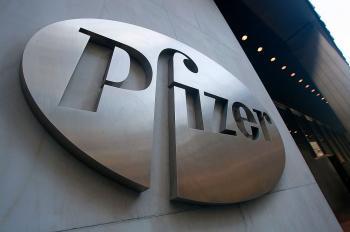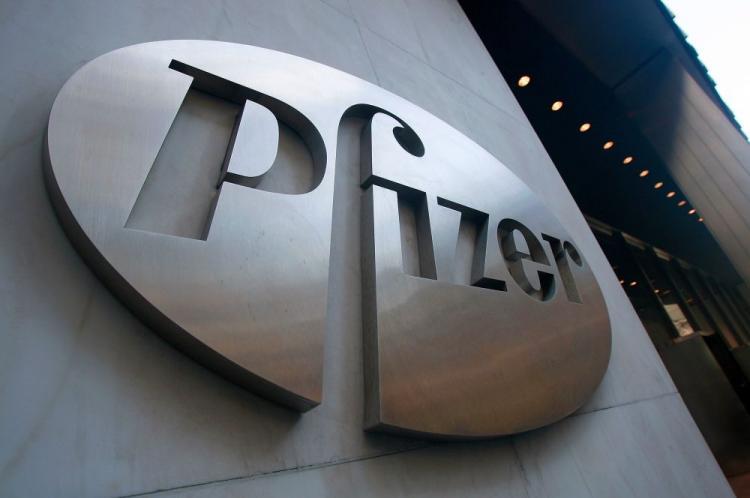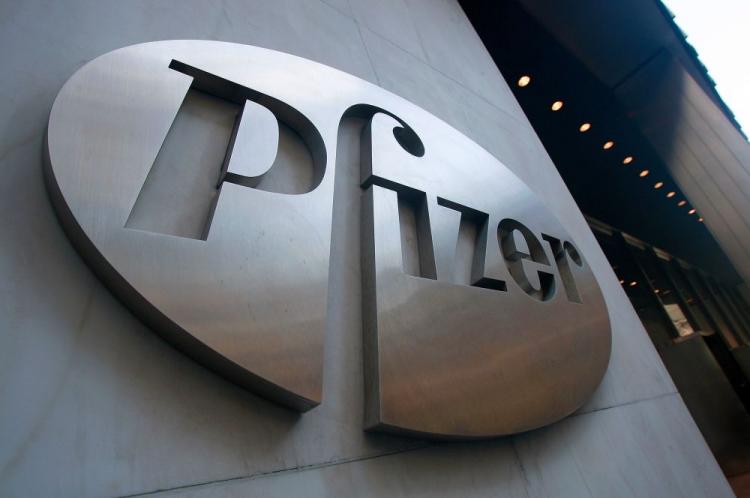Deceptive Marketing Prevalent in Pharmaceutical Firms
Pharmaceutical firms and others in industries recently caught engaging in number of deceptive marketing practices.

CRAFTY COPY: Pharmaceutical and other companies have recently been caught with deceptive marketing practices. Pfizer recently received a large fine from the U.S. Justice Department for deceptive marketing practices. Mario Tama/Getty Images
|Updated:





